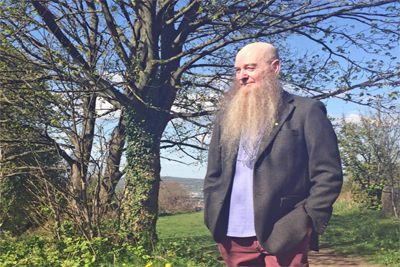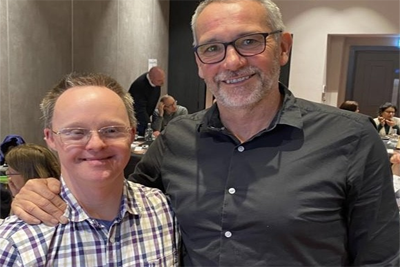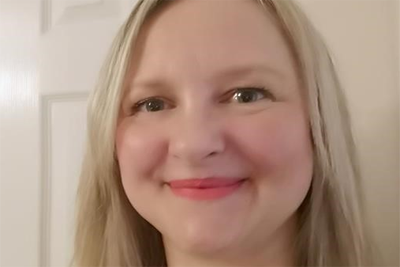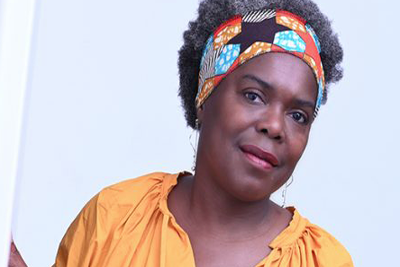03 July 2023
By Patrick Wood, Chair of the SCIE Co-production Network. Active in the mental health survivor movement since 1989
I want to see as many people with lived experience as possible included in the development of social care support and services, as this is the best way of maximising the chances that people will receive the support they want and need, rather than receiving what other people have determined is best for them (if they’re lucky).
Support providers often fail to provide meaningful opportunities for people with lived experience to shape their work, and they sometimes justify this approach by claiming that the people who want to become involved are not representative of the groups that services are provided for. It’s true that individuals can’t routinely represent groups, but this applies to individual workers as well as people who access care and support. In other fields, experience is highly valued and signifies expertise; in the field of co-production, it can be reduced to dismissing people as ‘the usual suspects’, failing to acknowledge that these ‘usual suspects’ include individuals who have worked to improve the lives of marginalised groups for many years and learned to operate in alienating systems, sometimes at great cost to their emotional wellbeing.
If social care organisations want to engage with communities and people who access care and support, they need to do the work that will enable this to happen. They need to talk to people in language that they understand, meet with people in ways that allow them to be heard, and act on what people tell them. They should be reaching out to Disabled People’s Organisations and working alongside them on the basis of equality. They should actively seek out the views and opinions of ‘the usual suspects’ and implement their learning. They should be willing to respond to what people say they want, and trying to provide it, rather than dismissing people’s hard won points of view because it is easier to do that than it is to rise to the challenge of making a meaningful response.

If social care organisations want to engage with communities and people who access care and support, they need to do the work that will enable this to happen. They need to talk to people in language that they understand, meet with people in ways that allow them to be heard, and act on what people tell them. They should be reaching out to Disabled People’s Organisations and working alongside them on the basis of equality. They should actively seek out the views and opinions of ‘the usual suspects’ and implement their learning. They should be willing to respond to what people say they want, and trying to provide it, rather than dismissing people’s hard won points of view because it is easier to do that than it is to rise to the challenge of making a meaningful response.



